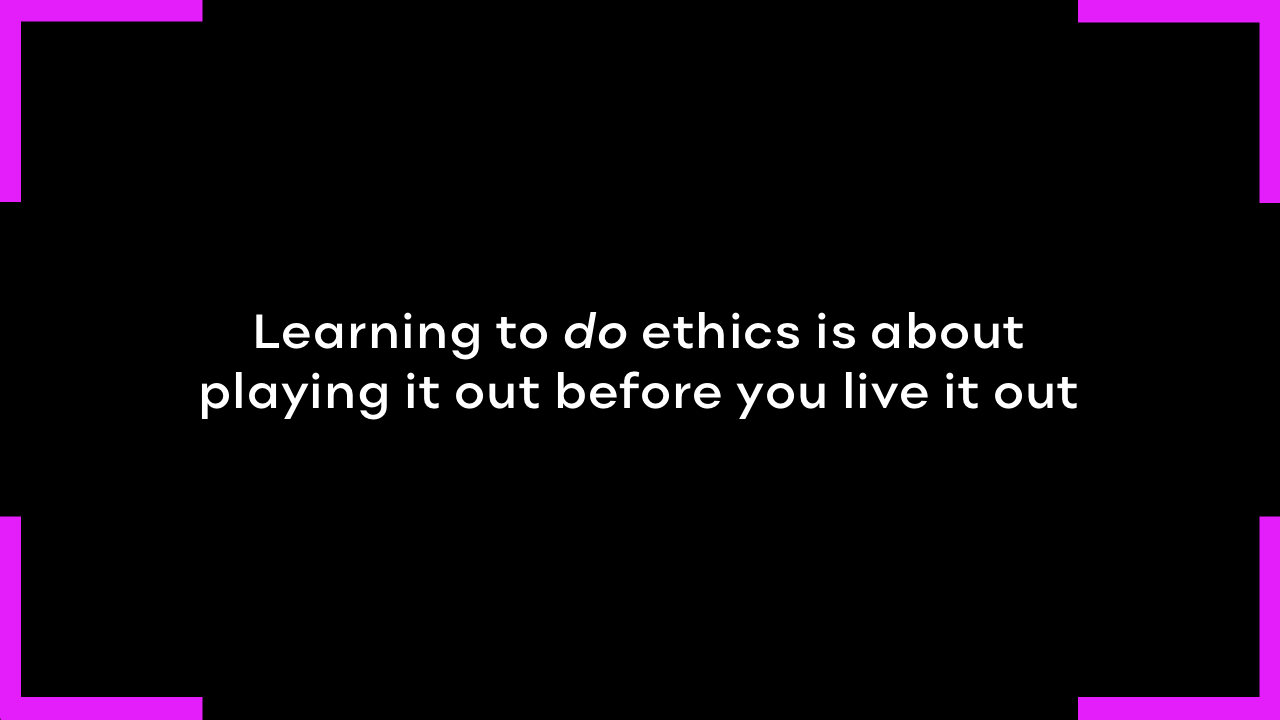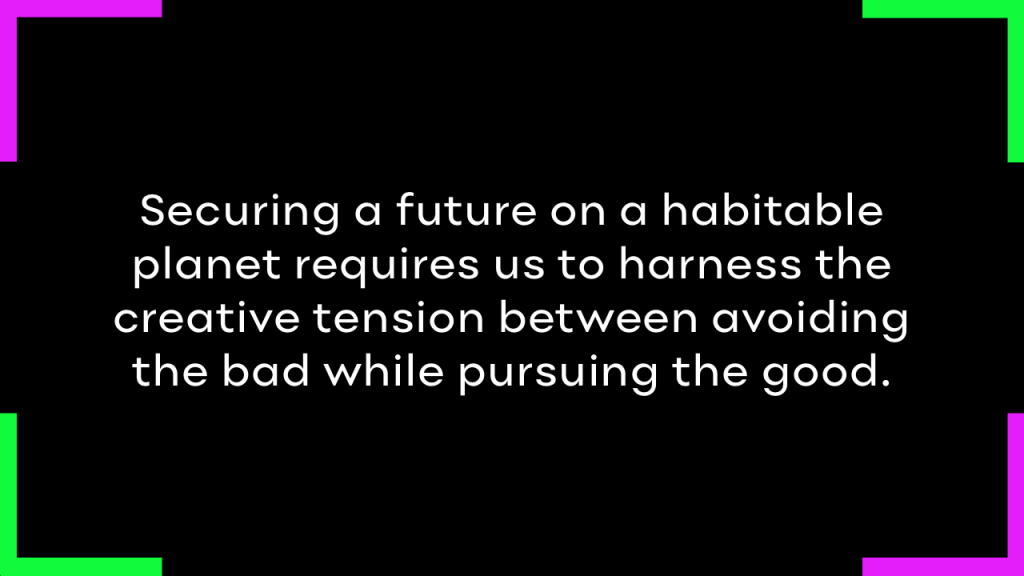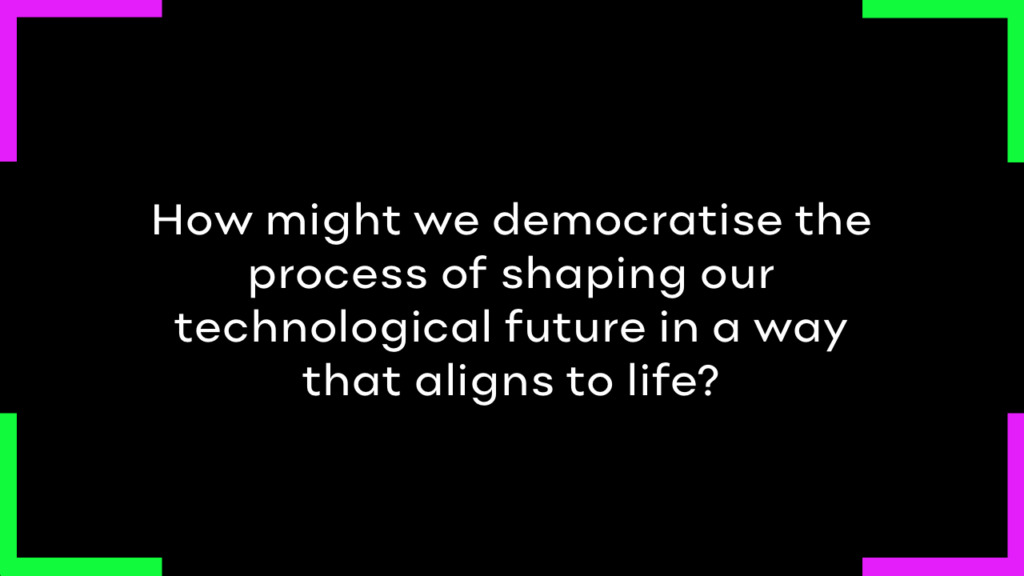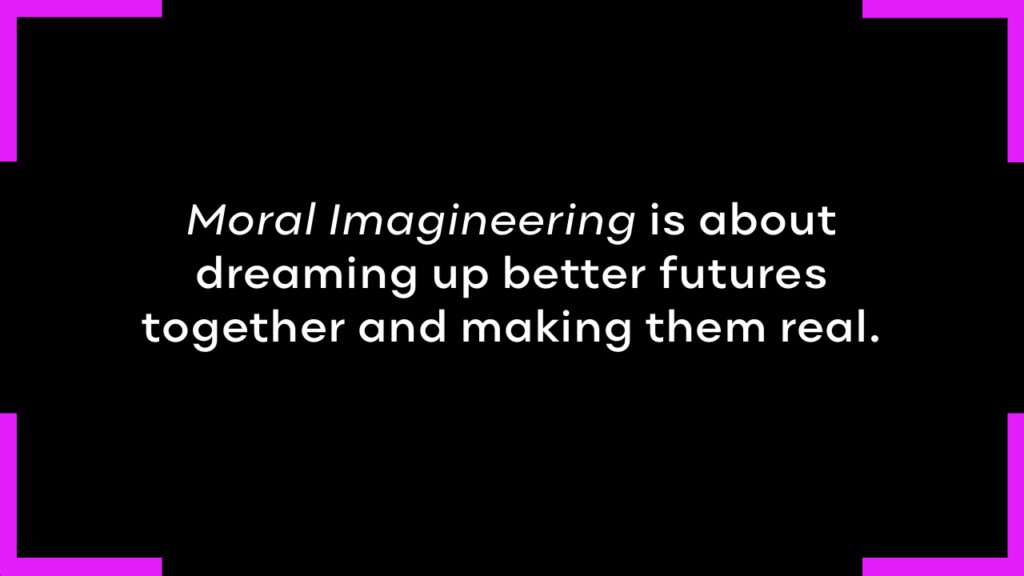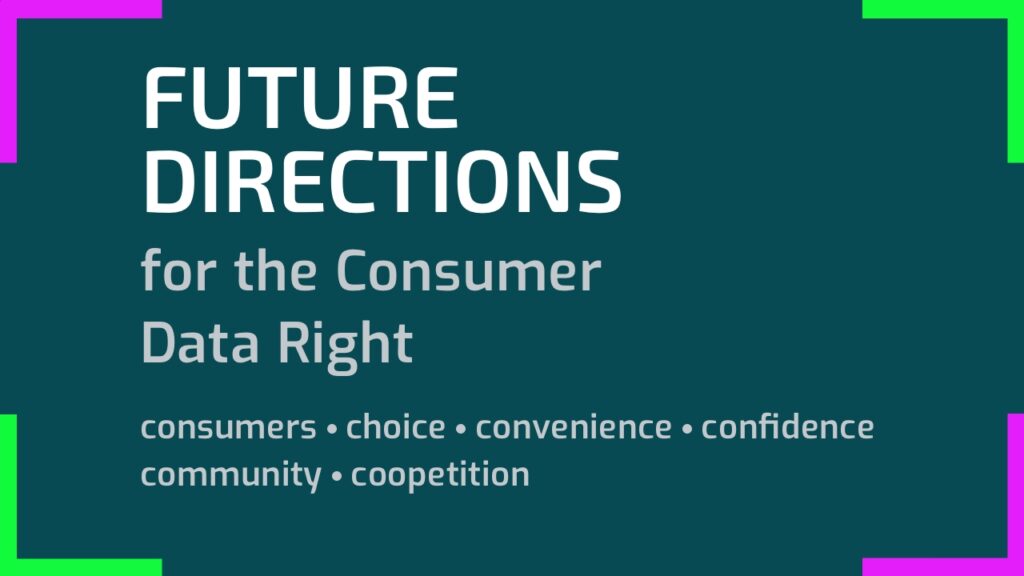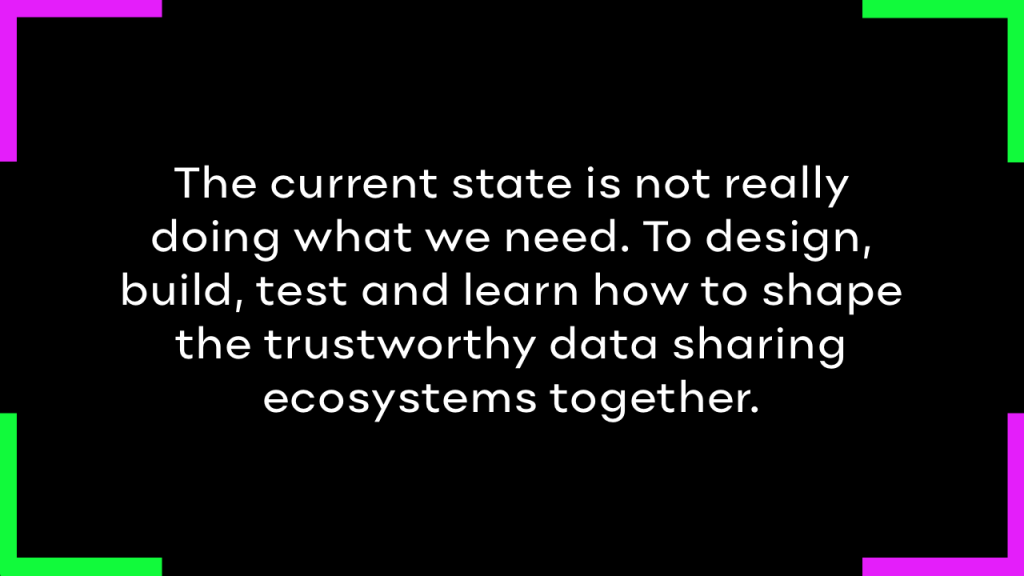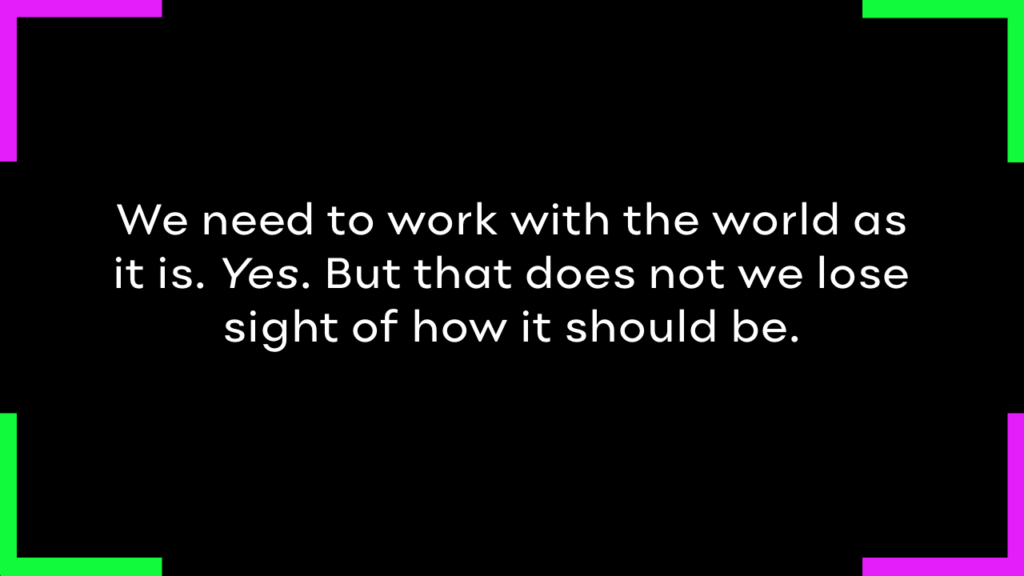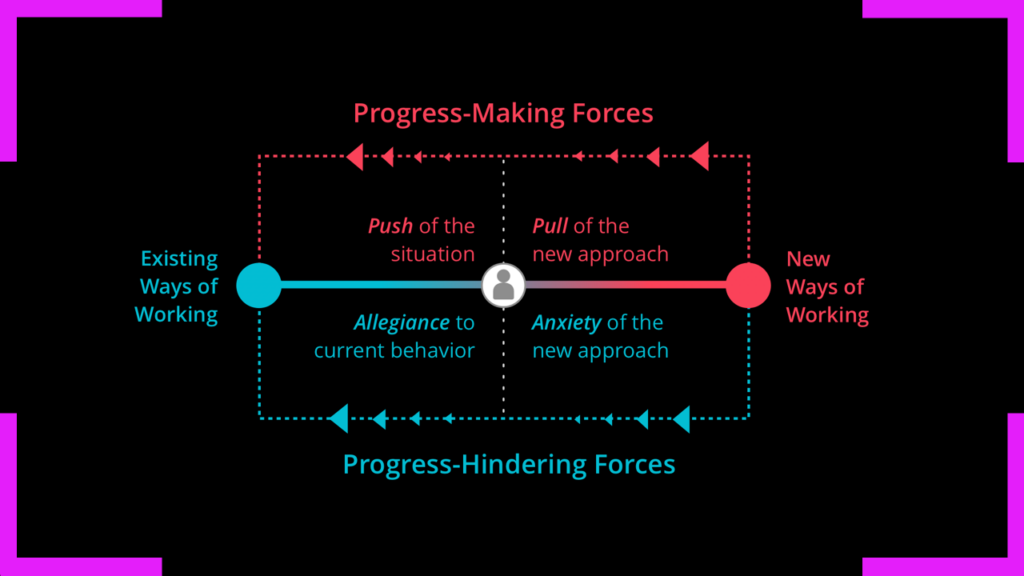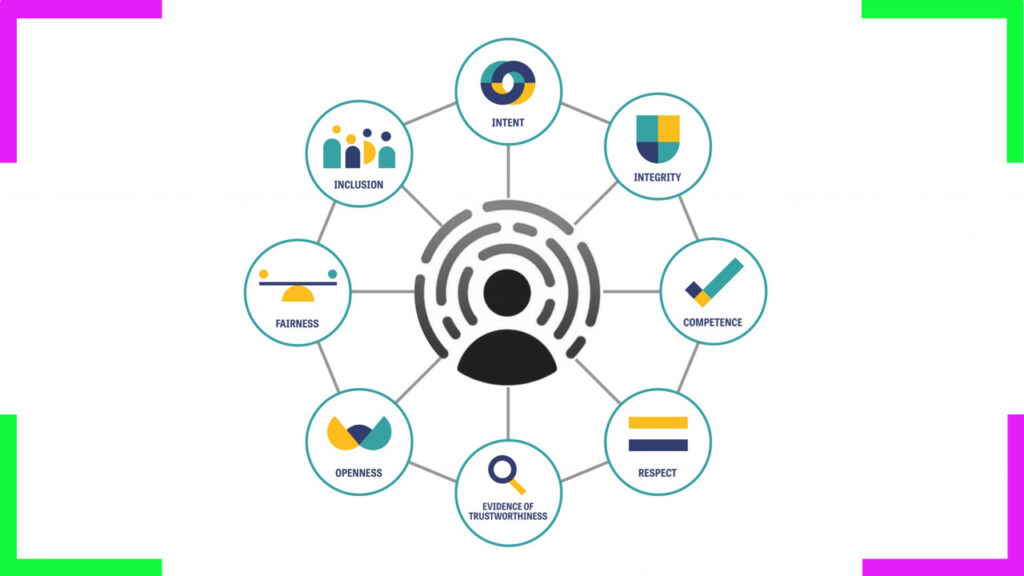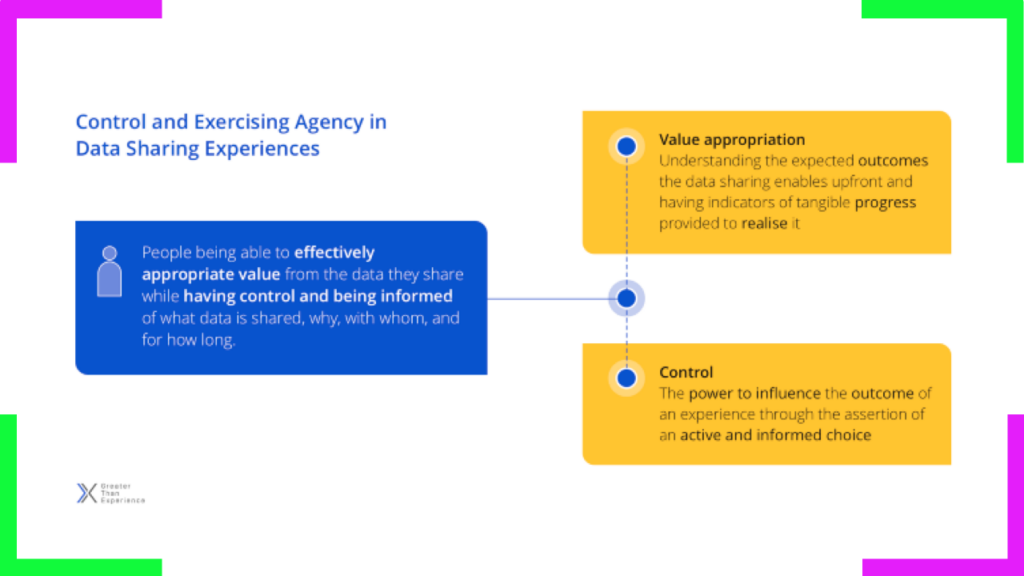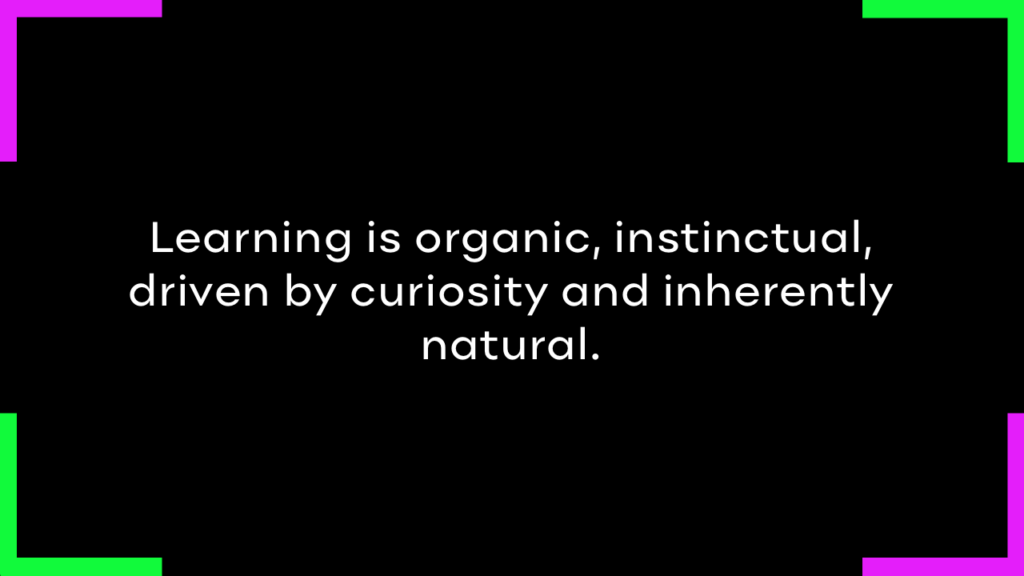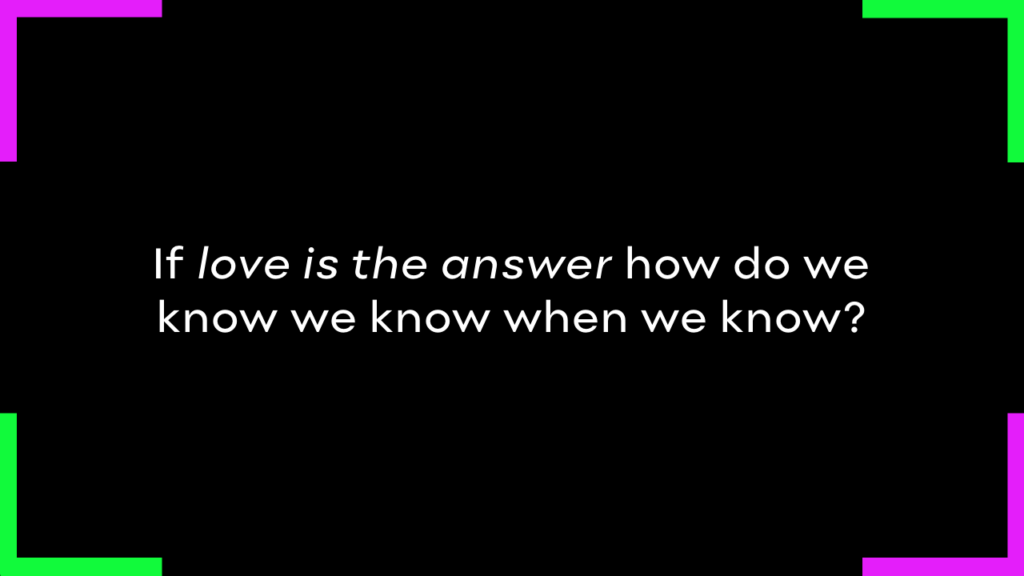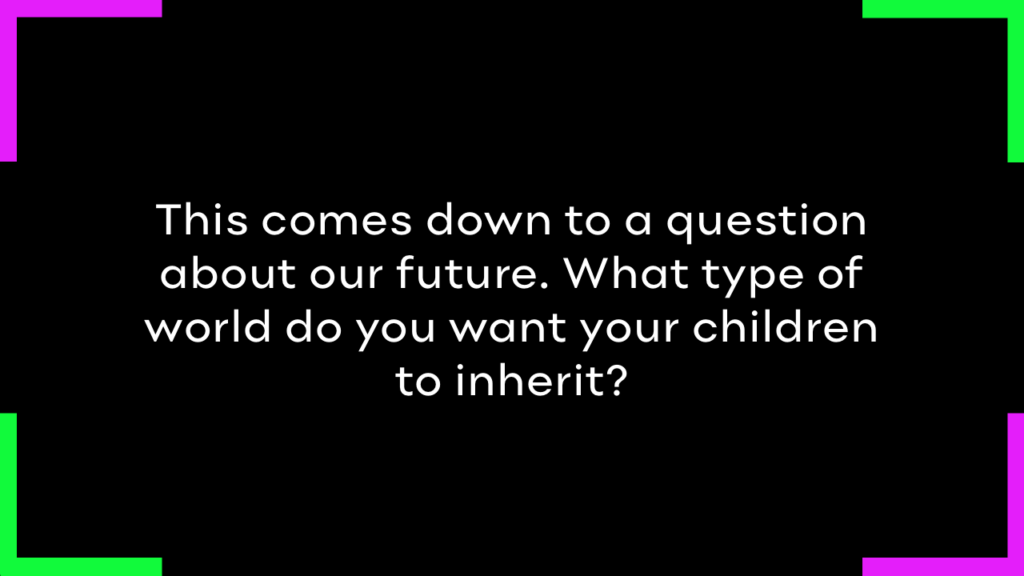This is really some unedited thinking on this area. It’s based on the belief I have that to learn you have to do, play and embody.
What is happening with teaching tech ethics?
Note: I don’t have a clear view of the ways tech ethics is being taught everywhere. So what I express here is based on my limited reach into all the different formal and informal learning contexts.
From what I’ve observed there are a wide range of topics being covered across this multi/interdisciplinary space. Universities and various organisations have courseware popping up. There’s loads of content and reports to read, history to draw upon or frameworks and principles to learn. So it’s not for lack of material that there are gaps. What’s missing is the practical focus and skills needed in navigating the real scenarios people face in the workplace. Like how do I raise an ethical concern when I don’t feel safe to do so? Or how might I work through an ethical decision on a new product feature within a cross functional team? What metrics matter and how do we measure them? How might we balance our commercial KPIs with our responsibility to the communities in which we impact? How do we bring these communities into the design process upfront? The skills required for where the rubber meets the road is missing in most of what I’ve seen in the market. It’s hard to “teach” tech ethics without the realities of actually doing it. And learning to do ethics is about playing it out before you live it out. This is what helps build ethical muscle memory and develop moral imagination.
If I reflect on Blooms (Revised) Taxonomy which is commonly used in instructional design we are missing the tail end in most of what I’ve seen. But that’s the cognitive domain (the mental models, thinking skills and intellectual sense-making people do to even recognise an ethical dilemma is present). We need learning contexts that also support the psychomotor domain (the tactile aspects and skills that come from using tools and techniques to support ethical decision making). Then the affective domain (the ways to express feelings and the relevance of this to one’s emotions, growth and relationality to the ecology of life). Combining this with deep affordances for the conditions that cultivate the emergence of moral imagination, we then get embodied wisdom not just knowledge.
Maybe that’s a tall ask to have in learning experiences that should be designed into the curriculums in traditional contexts for institutionalised learning we see popping up? Maybe there are people and organisations truly doing this please let me know 🙂
In general, this field is emergent and there’s intersecting movements. Be that responsible innovation and humane tech, or data for good and tech ethics, or many other permutations. I think we’re all trying to work through the ambiguity, sense make and find pathways to better learn. So from that perspective there needs to be more coordinated collaboration across these diverse communities of practice. Be that to co-create curricula or to support ongoing and experiential learning. I believe we need an open source social network for learning in this area that leads by example. Shows people how it’s done and involves people in the process by also providing the case study for the ecosystem to learn from. There is a plethora of providers and platforms talking big on tech ethics but at the same time using technologies that misalign to the values they espouse. For example, if I come to your website and you’re communicating all these things about ethical tech it sets some expectation. If at first I get a cookie consent notice that gives me no real choice…well that’s misalignment! This ‘ethical intent to action gap’ diminishes trust. Any institution trying to teach tech ethics needs to make their choices open and transparent, while including stakeholders in the decision making process.
But this is not obvious. You don’t know what you don’t know. And if you don’t know you will not see.
How might formal curriculums evolve in this area?
I think there are going to be a plethora of curriculums evolving both via formal and informal methods. I’ve seen an increase in the number of universities offering courses in these topics. Then certifications are also starting to pop up. Workplaces are increasingly advertising for these new roles. And curriculum design in this space will be more collaborative and shifting to a practical focus: I see the various communities of practice coalescing and co-creating curriculums. It’s already been happening and there is some fantastic thinking and direction starting to take shape. And the demand for these types of courses is there.
The signal to noise ratio will be a problem though in the sense that the commercial opportunity in the space brings with it organisations that are mainly in it for the money. Shiny courseware and big talk attracts the audience. This means that upskilling in these areas is potentially being done in a very poor way. People might get certification as an ethical technologist and they get a promotion or are hired based on this credential, but it is unclear that all certificates should have the same value.
It will be messy and lots of misconceptions will develop. So we’ll see a mix: poor approaches to curriculum design and then more innovative approaches to co-creating and crowdsourcing curriculums. There’s so much great work happening in this space, so I believe that on balance what is happening is positive.
I’ll definitely be writing some more on this topic. Hopefully something a little more refined than this…

